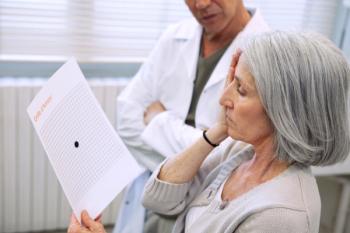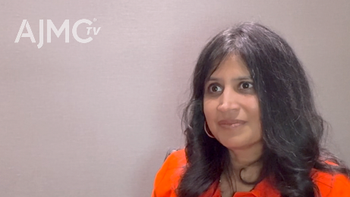
Cancer: A Genetic Gamble
A paper published in Science Magazine this month, co-authored by a mathematician and a biologist, suggests that heredity and environmental factors account for only one-third of the risk for developing cancer. A majority of risk is associated with random mutations, a result of mistakes during normal cellular replication.
It may sound flippant to say that many cases of
Random mutations may account for two-thirds of the risk of getting many types of cancer, leaving the usual suspects—heredity and environmental factors—to account for only one-third, say the authors, Cristian Tomasetti and Bert Vogelstein, MD, of Johns Hopkins University School of Medicine. “We do think this is a fundamental mechanism, and this is the first time there’s been a measure of it,” said Dr Tomasetti, an applied mathematician.
Though the researchers suspected that chance had a role, they were surprised at how big it turned out to be.
Link to the article on The New York Times:
Newsletter
Stay ahead of policy, cost, and value—subscribe to AJMC for expert insights at the intersection of clinical care and health economics.
















